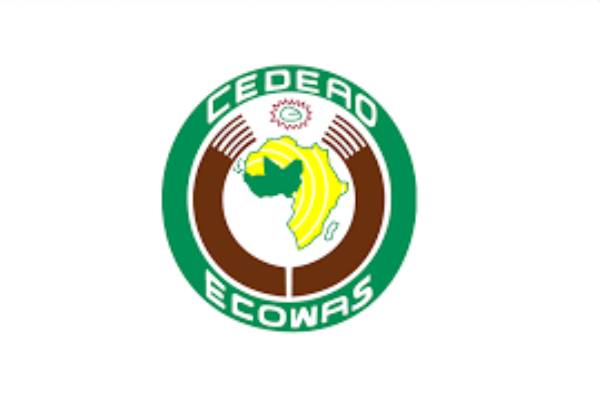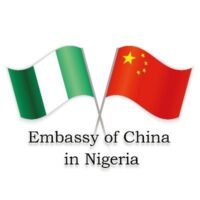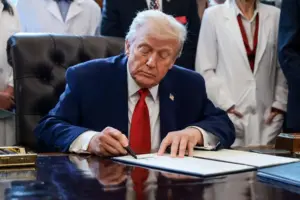The Economic Community of West African States (ECOWAS) has announced plans to launch its long-awaited single currency, the ECO, by 2027—marking a major step towards regional integration and economic independence.
The ECO is set to replace the CFA franc, a colonial-era currency currently printed and regulated in France, used by several West African nations. The move is seen as both symbolic and practical, aimed at boosting intra-regional trade, improving monetary stability, and reducing external financial control.
ECOWAS Commission President, Dr Omar Alieu Touray, confirmed that the currency rollout will begin with member states that meet strict economic criteria, while others will receive support to join over time. This phased approach departs from earlier plans that required simultaneous readiness from all member countries, allowing for a more flexible and accelerated implementation.
While the ECO will initially remain pegged to the euro, it will scrap the controversial policy of requiring member states to deposit 50 percent of their foreign reserves with the French Treasury—a long-standing point of contention.
However, the path to monetary reform in West Africa is not singular. In a more radical move, the newly formed Alliance of Sahel States (AES)—comprising Burkina Faso, Mali, and Niger—has independently introduced the Sira, a gold-backed digital currency. Unlike the ECO, the Sira is designed to break completely from Western monetary systems by anchoring its value in gold and natural resources.
The contrasting approaches highlight a growing divide in the region. While ECOWAS promotes a gradual shift within existing global financial structures, the AES is charting a path towards full monetary sovereignty and economic self-determination.
Observers see ECOWAS’s push for the ECO as, in part, a strategic counterbalance to the AES’s bold currency project, with broader geopolitical implications. France and other Western actors retain a vested interest in maintaining influence over West Africa’s financial systems, even as regional blocs seek greater autonomy.
The emergence of two competing currencies—the euro-pegged ECO and the gold-backed Sira—marks a defining moment in West Africa’s economic history. As the region stands at a monetary crossroads, the choices made by its leaders could reshape the continent’s financial future for generations.





